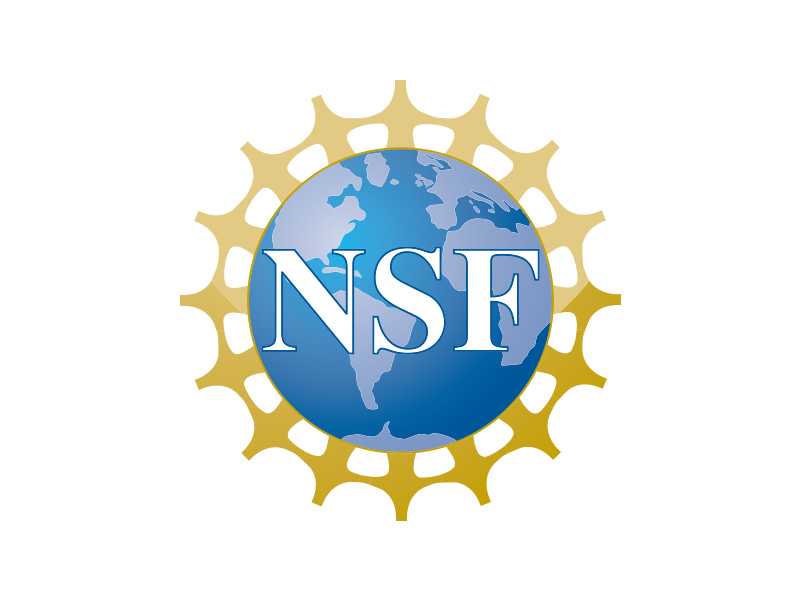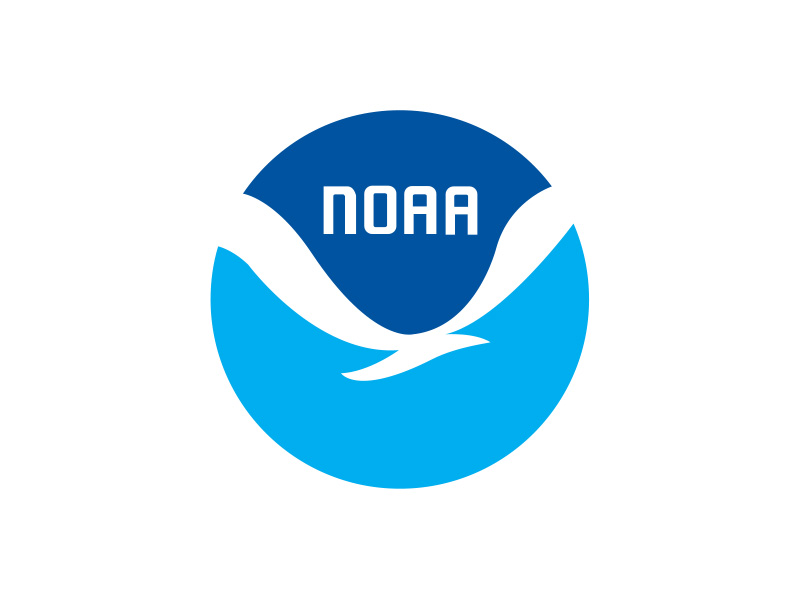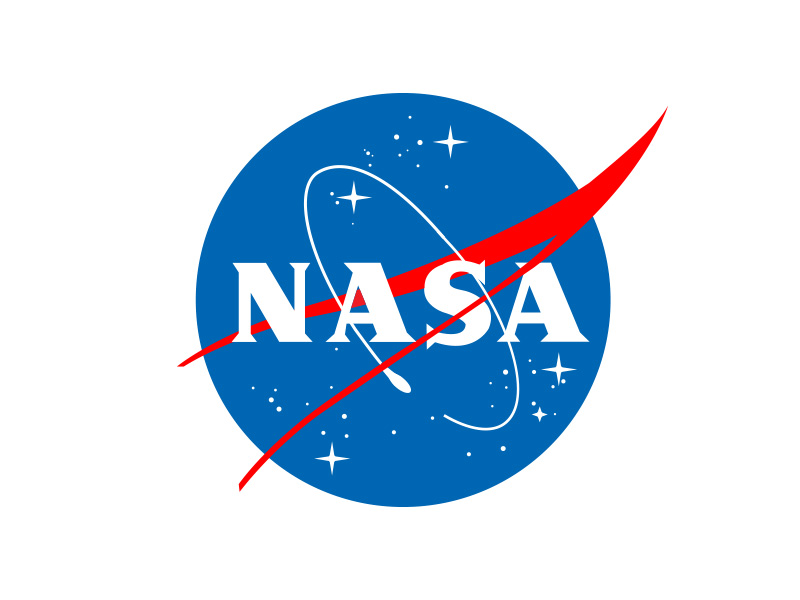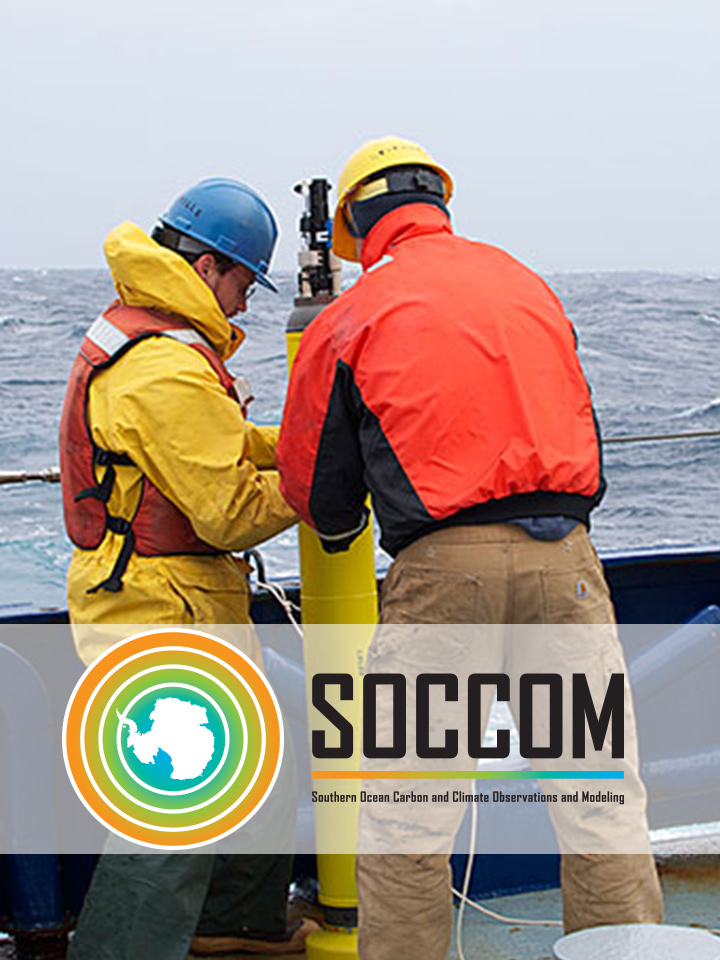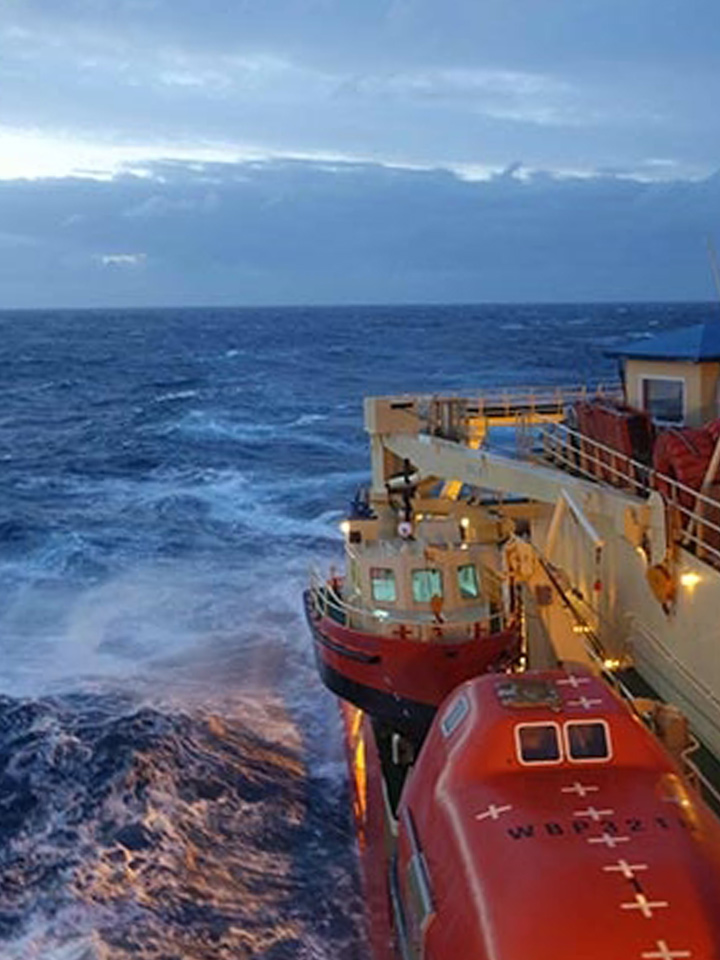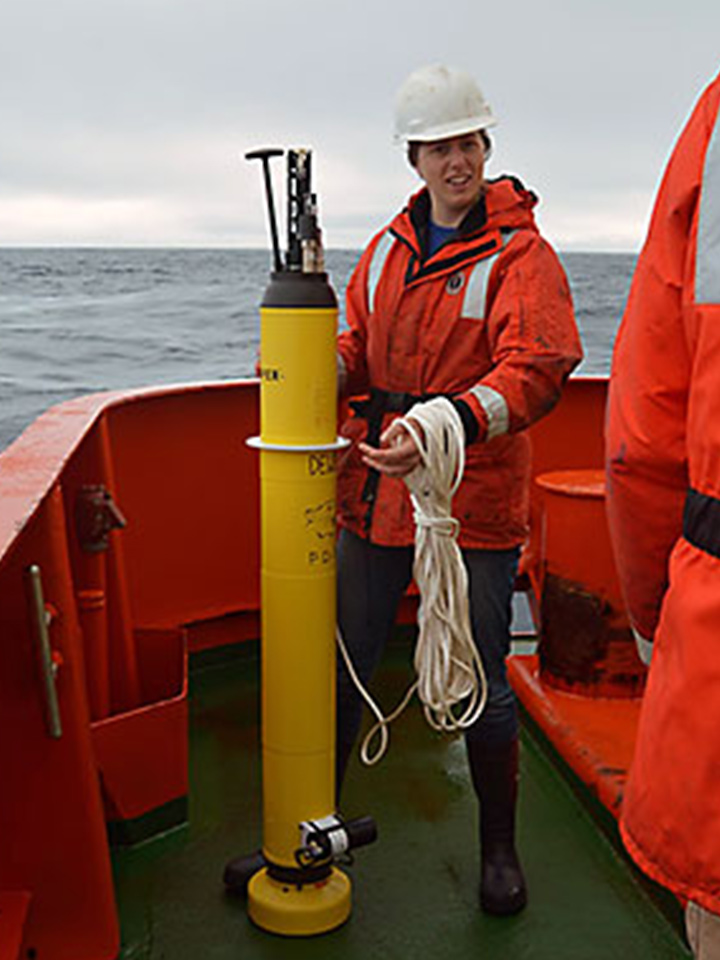US National Science Foundation, Office of Polar Programs
The Southern Ocean Carbon and Climate Observations and Modeling project (SOCCOM) is an NSF-sponsored program focused on unlocking the mysteries of the Southern Ocean and determining its influence on climate. Because of the harsh conditions in the Southern Ocean, traditional measurements of ocean properties made from ships are few and far between. SOCCOM will address this by deploying 200 robotic profiling floats in the Southern Ocean that are equipped with biogeochemical sensors.
SOCCOM’s mission is to drive a transformative shift in the scientific and public understanding of the role of the vast Southern Ocean in climate change and biogeochemistry. The goals of the program are to:
- Extend sparse Southern Ocean biogeochemical observations by deploying a robotic observing system composed of ~200 autonomous floats.
- Using this observational data, analyze and improve a new generation of high resolution (1/10°) earth system models to make better projections of future climate and biogeochemistry.
- Educate a new generation of ocean scientists trained in both ocean observation and simulation, and develop a sophisticated outreach effort to disseminate results.
The project, which consists of three teams:
- An observational team headed by Professor Lynne Talley of Scripps Institution of Oceanography (U.C. San Diego) in collaboration with Dr. Ken Johnson of the Monterey Bay Aquarium Research Institute and Professor Stephen Riser of the University of Washington;
- A modeling team headed by Professor Joellen Russell at the University of Arizona in collaboration with Sarmiento and colleagues at Princeton as well as NOAA’s Geophysical Fluid Dynamics Laboratory; and
- A broader impacts team headed by Dr. Heidi Cullen, Chief Climatologist at Climate Central.


